A Lasting Bond
Is your dog just affectionate, or is there something deeper going on? When a dog fully imprints on its owner, the typical pet-owner relationship transforms into something intense and extraordinary.
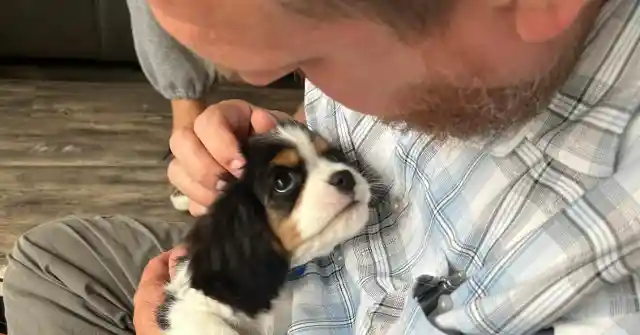
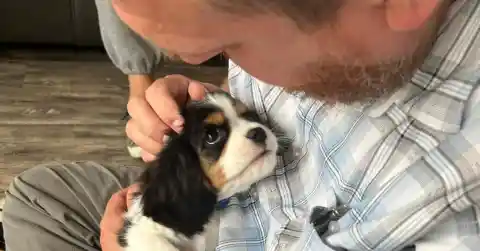
Many people don’t even notice these signs until they’re pointed out. It’s more than tail wags and cuddles—these behaviors reveal an invisible thread connecting your dog’s heart to yours. Curious if your dog has imprinted on you? Here are 12 clear signs to watch for.
Always Within Reach
Do you ever feel like you’re never really alone at home? Chances are, there’s a pair of paws quietly following you from room to room or curling up nearby, even if you don’t notice right away.
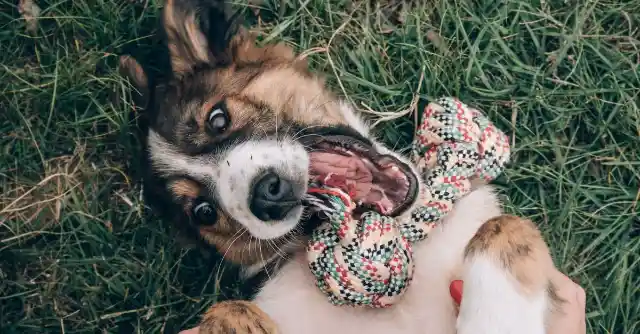
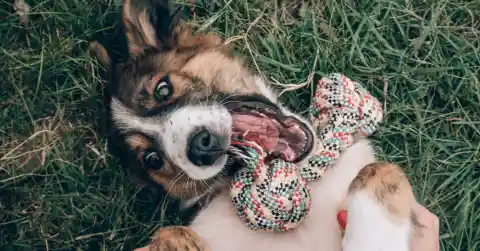
This constant shadowing isn’t just curiosity—it’s a strong, instinctual sign of deep attachment. When a dog feels this compelled to be near you, it’s their way of showing trust, security, and an unspoken bond that goes far beyond ordinary affection.
The Shadow Effect
Dogs that have fully imprinted on their owners often act like constant shadows, following you wherever you go. Whether you’re walking to the kitchen or simply getting up for a drink, they’re right there beside you.


This behavior isn’t just about curiosity or boredom. For these dogs, your presence is their safe space, their comfort zone. Their need to stay close shows just how central you are to their world—the bond is so strong, it outweighs nearly everything else in their lives.
Always Watching
Have you ever noticed your dog quietly watching you for no obvious reason? Maybe it’s a gentle gaze while you work or eye contact from across the room as you read. At first, it might seem like daydreaming—but it’s more than that.


Research shows that a dog’s eye contact carries emotional meaning. These looks are a form of deep, nonverbal communication, expressing trust, connection, and attachment in ways that go far beyond treats or playtime. The message behind those eyes might surprise you.
Meaningful Eye Contact
Dogs that have imprinted on their owners often hold deep, intentional eye contact. This isn’t just a casual glance—it’s a powerful sign of trust and connection.
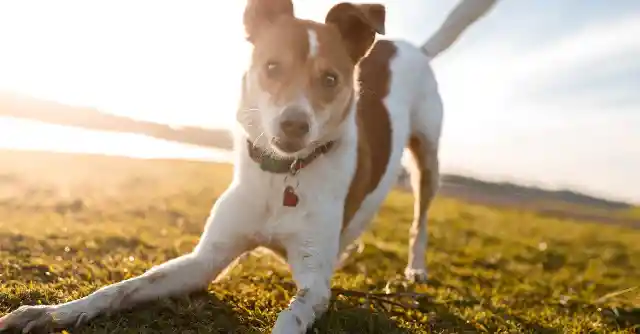
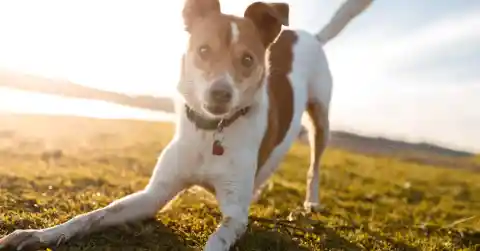
When your dog locks eyes with you, they see you as a source of comfort and safety, an anchor in their world. Far from being challenging, this gaze reinforces your bond and serves as a key form of communication between you. If your dog frequently seeks your eyes, it’s a clear sign of an extraordinary attachment.
Sleeping Close by Your Side
Bedtime can reveal a lot about your dog’s loyalty. Many owners notice their dog prefers to sleep right next to them—curled up at their feet or snuggled against their legs—even when a comfy bed is just a few steps away.
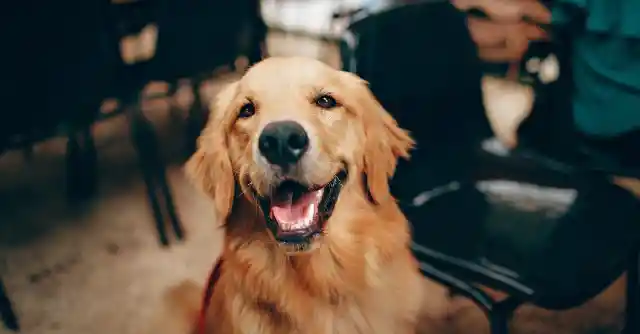
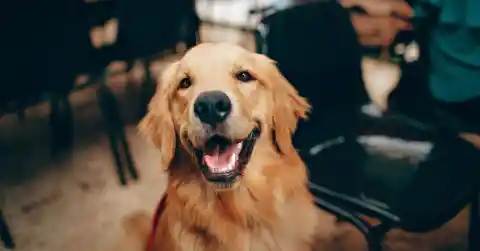
This isn’t just a habit or a quest for warmth. Where your dog chooses to rest can reveal who they trust most. For dogs that have imprinted on their owners, this behavior sets them apart from more casual companions.
Non-Negotiable Bedtime Buddy
For dogs that have fully imprinted on their owners, sleeping next to you isn’t optional. They’ll skip soft beds, cozy blankets, and quiet corners just to be close, even if space is limited.
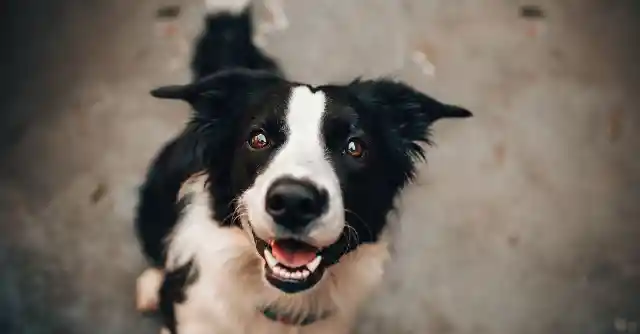
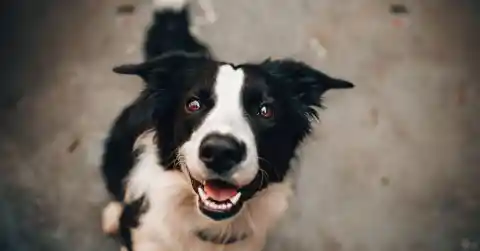
This need to stay near you during your most vulnerable moments reflects deep trust and confidence. Sharing bedtime isn’t just about affection—it’s a clear sign of safety, connection, and devotion. If your dog can only rest when you’re close, it’s a sure sign they’ve given you their heart.
Standing Guard
Picture a friend arriving or a delivery driver at the door—without hesitation, your dog positions themselves between you and the visitor, ears up and body alert. Is it just instinct, or something deeper?


Dogs often show their emotional attachment during these moments, especially when strangers enter their space. The way they behave can reveal just how central you are in their world and how deeply they care about your safety.
Placing Themselves Between You and Strangers
Dogs that have imprinted on their owners often show a strong protective instinct. You might notice them positioning themselves between you and unfamiliar people, sometimes even leaning against you for extra reassurance.


This isn’t aggression—it’s a clear way of setting boundaries and keeping you safe. These dogs take your well-being seriously, acting on a deep, instinctual bond that protects you as naturally as eating or sleeping.
Over-the-Top Greetings
Have you noticed how your dog reacts when you come home, even if you’ve only been gone for a few minutes? The tail-wagging blur, excited spins, and joyful dances at your feet are more than just happiness—they can be signs of a deep emotional bond.


These dramatic welcomes reveal how strongly your dog is attached to you. Science shows that such enthusiastic reunions are a window into the extraordinary connection between an imprinted dog and their owner.
Joy When You Return
Uncontainable joy when you return, even after a brief absence, is a common hallmark of imprinting. This goes beyond standard happy greetings; it’s a full-body celebration driven by deep emotional reliance.


It means your dog’s day centers around your presence, and their world feels incomplete without you. Exuberance is a symptom of real attachment, not just routine. For an imprinted dog, seeing you walk through the door is the best part of their entire day.
Vocalizing
Sometimes you’ll swear your dog is trying to “talk” to you. Have you ever heard them vocalize in unexpectedly expressive ways, like low whines, chatty grumbles, or a sequence of barks that almost seem like answers?


While some dogs are naturally more vocal, when those sounds seem meant just for you, it might be time to look closer. Dogs often communicate exactly who holds their heart through these little “conversations.”
Unique Vocabulary
An imprinted dog often develops a unique vocabulary just for their person, a blend of whines, soft groans, or playful barks that aren’t used with anyone else.


These one-of-a-kind “conversations” are your dog’s way of connecting on a deeply personal level, much like inside jokes between friends. When your dog reserves their most nuanced, expressive sounds for you, it reveals how strongly your bond stands apart from all others in their life.
Affection Over Food
Many pet owners assume that a dog who begs for food is just, well, hungry. But, pay attention next time: does your dog eagerly greet you first, perhaps even skipping the food bowl if you’ve been away a while?


What happens when you hold out a snack but also invite your dog close? Sometimes choosing affection over food reveals priorities you might not expect. Here’s why this behavior matters for imprinting.
Choosing You
If your dog consistently chooses being by your side over a treat, kibble, or even a favorite chew toy, you’re witnessing a powerful indicator of imprinting.


Food usually ranks high on any canine’s priority list, so when affection outshines appetite, it signals your role goes beyond provider. You’re not just the food source; you’re the center of their world. That self-chosen loyalty means your bond has reached an unusually deep, emotional place.
Emotional Mirroring
Have you ever noticed your dog’s mood shifting in tandem with yours? Some attentive owners find that their dogs become quietly anxious when they’re worried, restless when they’re agitated, or excited when they’re happy.
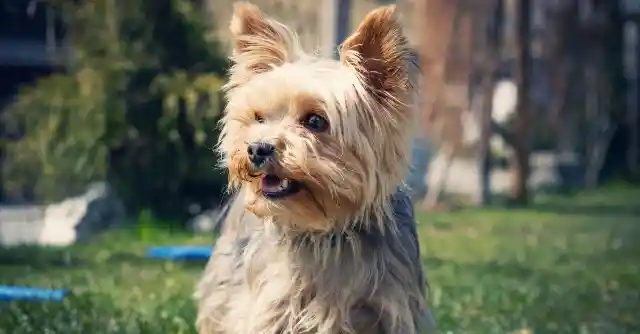

This emotional mirroring is subtle and easy to overlook, yet it reveals something profound. Are they simply reading your cues, or could this be another sign of deep imprinting, rooted in empathy and shared emotional experience?
Attachment And Empathy
Dogs who have fully imprinted on their owner often reflect their person’s moods, pacing when you’re nervous, cuddling closer when you seem down, or being especially playful if you’re cheerful.


This phenomenon, called emotional mirroring, reveals intense attachment and empathy. They don’t just notice your feelings; they internalize and respond to them as if those emotions are their own. If your dog seems to “feel with you,” your imprint runs very deep.
Where They Relax
Take a mental map of your home: where does your dog relax the most? Is it under your desk, by the couch you always use, or right next to your favorite chair?
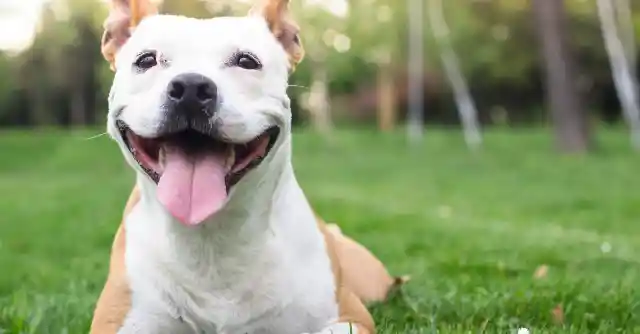
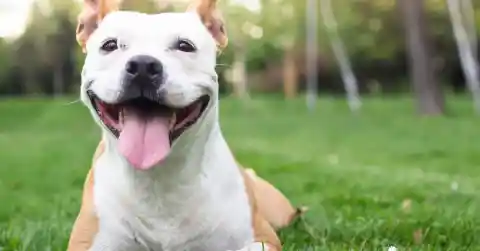
Many dogs choose comfort spots, but when those locations tightly overlap with your routine, it could be more than mere preference. The pattern says a lot about where your dog feels safest and happiest, especially if it’s always wherever you settle.
"Your Spot"
An imprinted dog will habitually choose “your spot” as their own, tracing and mirroring your movements even at rest. The area isn’t random: it’s where they feel your presence most, or where they can anticipate your return.


This invisible companionship, even when you’re not physically present, is a subtle but powerful mark of a lasting emotional imprint. The desire to be where you are—always—draws an unseen circle of belonging around you both.
Your Voice
Is your dog particularly tuned in to your voice compared to others? Training situations reveal important clues about attachment. Some dogs will only respond to the person they trust most, acting as if other voices barely register.


If your pup behaves differently when you speak, giving you their focus and obedience, it could be more than just respect or familiarity. Here’s why these differences may matter much more than you think.
“Selective Hearing”
Imprinted dogs demonstrate a special form of loyalty—they listen most intently to their person, sometimes even ignoring commands from others. Whether you’re calling them inside, asking for a paw, or offering comfort, your words carry extra weight.


If your dog seems to have “selective hearing” that only works for you, that’s not stubbornness or favoritism. It’s a strong sign that they’ve imprinted, connecting their willingness to please you directly above anyone else.
Separation Anxiety
What does your dog do when you prepare to leave, even for a few minutes? All dogs feel a twinge of anxiety, but some react dramatically, whining, pacing, or waiting by the door long after you’re gone.


While moderate separation anxiety is common, a full-blown emotional struggle, triggered only by your absence and not by others, can indicate something deeper in the relationship dynamic.
Your Absence
When a dog becomes truly distressed only when you’re gone, showing signs like refusing to eat, searching every room, or anxiously waiting by the window, strong imprinting may be at work.


Your absence isn’t just inconvenient; it’s unsettling. For these dogs, the risk of losing their anchor (you) produces outsized emotional reactions. It’s difficult, but it underscores that your presence shapes their entire emotional landscape, highlighting just how profoundly your bond has developed.
Stressful Situations
All the little clues come together in moments of stress or adversity. Think of times when you’ve needed to handle your dog gently, during a vet visit, after a scare, or when grooming is necessary.


How does your dog respond? The answer can reveal the highest level of imprinting, where trust outweighs fear and your touch alone provides calm and reassurance.
Trust
The ultimate indicator of imprinting is total trust when your dog is at their most vulnerable. Allowing you to handle their paws, examine their ears, or comfort them during difficult situations means their trust in you supersedes instinct.


True imprinting means your dog sees you as a safe harbor in every circumstance, surrendering to your care completely. This deep emotional togetherness is rare and a testament to the truly special bond you share.